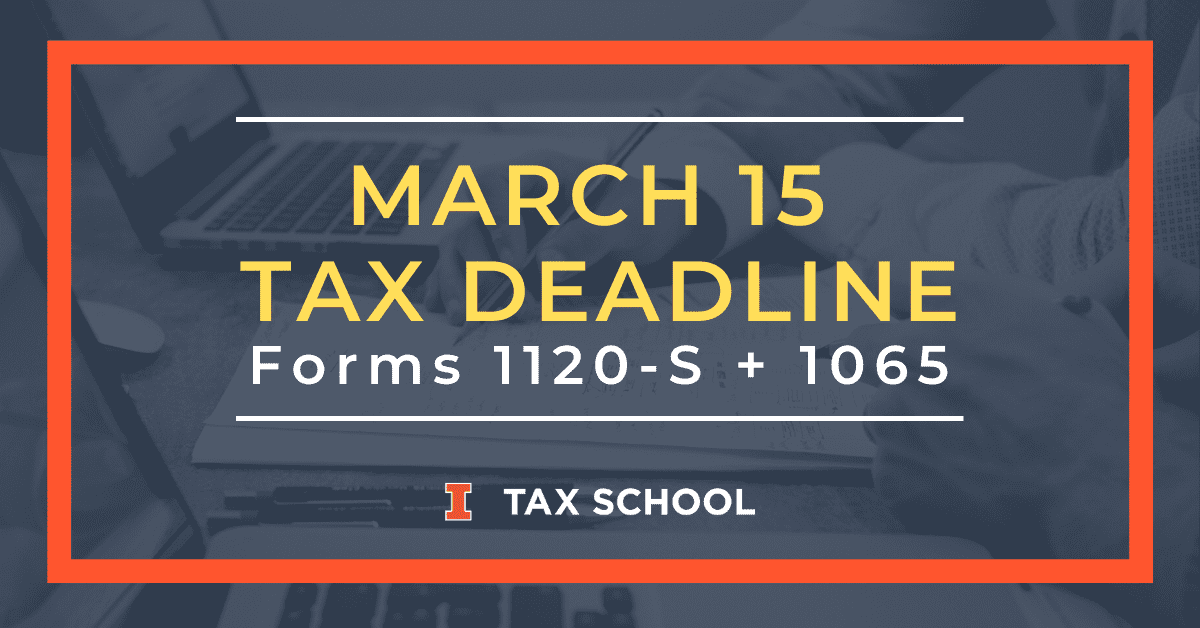
The Ides of March and the deadline for calendar year-end S corp (Form 1120-S) and partnership (Form 1065) tax returns falls on the same day in 2023 for the 2022 tax year: March 15. With the deadline fast approaching and some businesses not having all documents or statements ready for return preparation, it may be necessary to file an extension. The following are some important things to keep in mind during this hectic time of year when dealing with the corporate tax deadline.
Extensions for S corps and partnerships
Extensions for S corps and partnerships are made by filing Form 7004. To be considered timely, the form must be filed by March 15, 2023. The form itself is only one page long and is straightforward. However, there is a question asking about tentative tax and payments/credits, indicating that there may be something about payments to keep in mind.
Payments
Alas, while taxpayers can submit an extension to file a return, this submission does not extend the payment date of any tax due. Since S corps and partnerships are passthrough entities, it is uncommon for there to be federal tax due. For those uncommon situations where tax is due, however, it is important to estimate the amount of tax the business will incur, minus any payments made or tax credits to apply, in coming up with an amount of tax that would be due on March 15. The IRS allows a number of payment options, including electronic payment via EFTPS and electronic funds withdrawal (for electronically-filed 7004 forms).
Penalties
Not filing a return or extension on time can have costly consequences. The late filing penalty for both S corps and partnerships is $220 per shareholder/partner for each month the return is late for up to 12 months. For S corps, when tax is due the late filing penalty also includes an additional 5% of unpaid tax penalty for each month the return is late (up to a maximum of 25% of the unpaid tax). For late payment of tax penalties, S corps are generally subject to a penalty of 0.5% of the unpaid tax for each month (up to a maximum of 25% of the unpaid tax).
State-Specific Considerations
In addition to federal tax, practitioners should also consider which state(s) a business needs to file in and look into the filing and payment requirements for those states. There may be different due dates for filing and payments. Some states accept the federal extension and do not require a separate state extension filing, while others require a separate form or provide an automatic extension.
In closing, with the necessary information and plan of attack, practitioners need not beware the Ides of March.
By Chris Korban, CPA
Tax Materials Specialist, U of I Tax School

Sources
https://www.irs.gov/instructions/i1120s
https://www.irs.gov/instructions/i1065
https://www.irs.gov/pub/irs-pdf/i7004.pdf
https://www.irs.gov/newsroom/the-irs-offers-easy-and-convenient-options-to-make-federal-tax-payments



